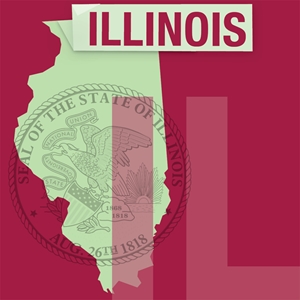
In the months before the enrollment period began for the federal and state-based exchanges, the U.S. Department of Health and Human Services made so-called navigators available to consumers, serving as assistants to people who don't have employee benefits so they could more easily obtain a health plan through one of the insurance marketplaces.
But according to a recent report from the Committee on Oversight and Government Reform, the navigator program has been badly mismanaged, so much so that consumers have often been encouraged to lie about certain personal characteristics in order to pad a claim or application.
For example, the report found that in Dallas, several navigators were observed advising applicants to tell untruths on their health insurance applications in order to obtain subsidies for coverage, preventing them from having to spend as much. This activity was recorded on video. Additionally, another navigator admitted to intentionally lying to applicants by erroneously telling them that their credit scores could adversely impact if they were eligible for certain plan offerings.
Also, an investigation revealed that due diligence had not been adequately performed before hiring many navigators, as many had not had their background checked prior to being hired.
"The new report makes clear that U.S. Department of Health and Human Services officials lacked a contingency plan for the Navigator and Assister program after HealthCare.gov failed, leaving consumers open to the risk of identity theft due to confusion surrounding enrollment for health exchanges," the House Oversight and Government Reform Committee stated.
In May, Gary Cohen, deputy administrator for the Centers for Medicare and Medicaid Services, testified before the reform committee, stating CMS' and HHS' intentions of establishing the navigator program and how it would work.





